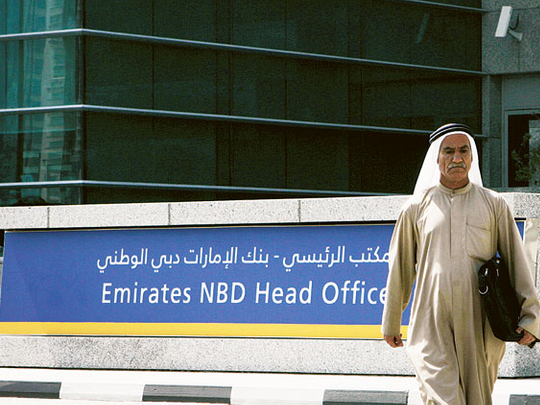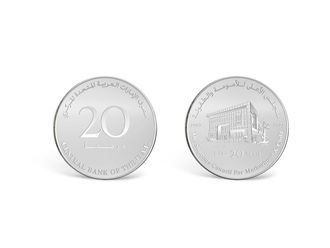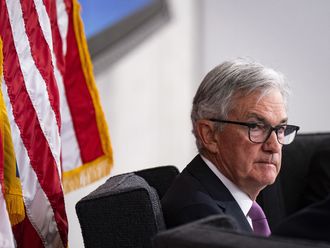
Dubai: Emirates NBD, majority-owned by the Dubai government, may attract funds to the emirate's first sukuk sale by a bank since 2007, with debt priced at a 150 basis-point discount to the government's Islamic bond.
The lender's Sharia-compliant unit is likely to attract investors with returns as low as 275 basis points above midswaps, or about 4 per cent, Albaraka Banking Group said. The yield on the Dubai government's non-rated 6.396 per cent sukuk maturing November 2014 was at 5.62 per cent at 12.06pm in Dubai. Emirates NBD, rated A3 by Moody's Investors Service, the seventh-highest investment grade, may report a 19 per cent gain in 2011 profit, according to data compiled by Bloomberg.
"Our tentative expectation for the sukuk's initial price guidance is in the area of 4 per cent and 4.25 per cent," Malek Khodr Temsah, Albaraka's assistant vice president of treasury and investment, wrote in a January 5 email.
The UAE's largest bank by assets may achieve pricing similar to lenders in wealthier Abu Dhabi "given Emirates NBD's strategic importance to the UAE and the inevitable implicitness of an Abu Dhabi backstop," he said.
Dubai, whose government-linked companies must repay $15.5 billion (Dh56.93 billion) this year, according to Bank of America Corp. Merrill Lynch estimates, received a $20 billion support in 2009 to restructure debt.
Issuance in 2007
Emirates Islamic Bank hired six lenders to manage the possible sale of a benchmark bond, a banker familiar with the transaction said last week. It last sold a sukuk in 2007, when it issued a $350 million floating-rate Islamic bond maturing this June. No bank in Dubai has issued an Islamic bond since, according to the data. The sukuk yielded 4.8 per cent on January 6.
The bank, which reported a drop in profit in the past two years, may say profit climbed to Dh2.79 billion from Dh2.34 billion in 2011, according to the mean estimate of seven analysts surveyed by Bloomberg. That's higher than the 4 per cent increase analysts forecast for National Bank of Abu Dhabi and 3 per cent at First Gulf Bank.
The bank, with a loan-to-deposit ratio of 115 per cent, has Dh8 billion of debt coming due in 2012.
Emirates NBD is also a key lender to units of state-controlled Dubai Holding LLC. One of the company's investment arms is in talks to reschedule at least $10 billion of liabilities. In October, Emirates NBD took over unprofitable Dubai Bank on orders from His Highness Shaikh Mohammad Bin Rashid Al Maktoum, Vice-President and Prime Minister of the UAE and Ruler of Dubai.
Strong fundamentals
"Despite investor concern about the bank's asset quality stemming from its exposure to both Dubai Inc. and the emirate's real estate sector, we take solace from the bank's bellwether position in the regional banking system and systematic importance, given its dominance of the UAE deposit and loans base," Albaraka's Temsah said.
The Dubai government's sukuk yields 124 basis points above the average rate on Islamic bond in the six-nation Gulf Cooperation Council, according to the HSBC/Nasdaq Dubai GCC US Dollar Sukuk Index.
The extra yield investors demand to hold Dubai government's sukuk over Malaysia's 3.928 per cent Islamic debt due June 2015 rose three basis points so far this year to 290.












